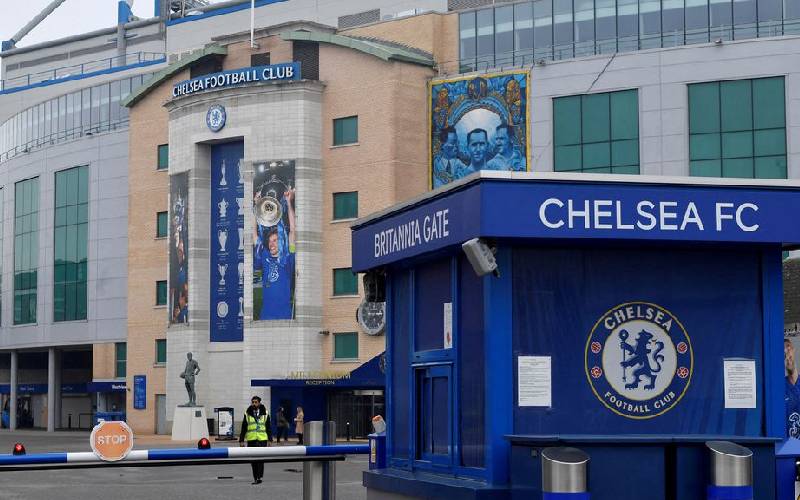×
The Standard e-Paper
Smart Minds Choose Us

Britain on Thursday imposed sanctions on Chelsea FC owner Roman Abramovich and Igor Sechin, the chief executive of Russian oil giant Rosneft.
Boris Johnson's government hit the two oligarchs with asset freezes and travel bans over their links to Russian President Vladimir Putin.